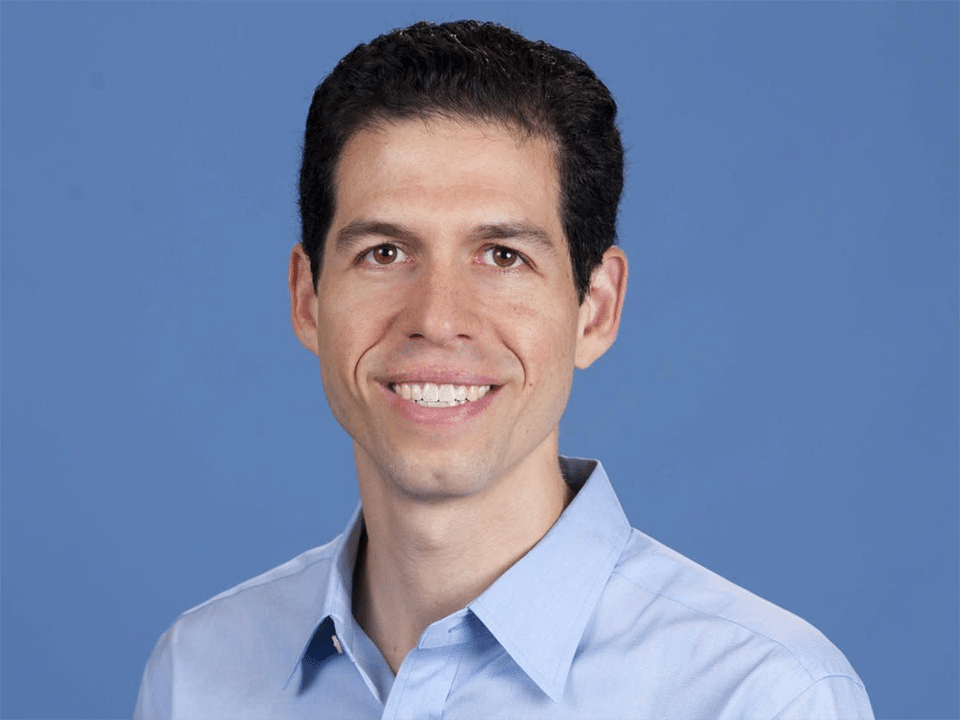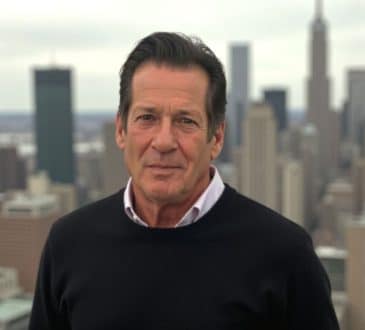Inside The Playbook of Daniel Schwartz, 3G Capital Co-Managing Partner & Prior Restaurant Brands International CEO

There are some business executives who simply stand head and shoulders above the herd. Looking at Daniel Schwartz’s career so far, he’s definitely one of them.
At only 29 and already a partner in the New York office of private equity firm 3G Capital, he had already been made CFO when the firm bought Burger King. Daniel Schwartz’s work in the CFO’s office led him to be appointed CEO in 2013, and he astutely led the purchase of Canadian coffee-and-doughnut institution Tim Hortons.
In 2014, he was the driving force behind the creation of Restaurant Brands International, a wildly successful venture that led Schwartz to become the head of the world’s third-largest fast-food company. Using 3G Capital’s unique formula of combining investment and entrepreneurial know-how with a deeply embedded knowledge of the business, Schwartz led RBI through an extended period of extreme global growth and prudent and significant cost savings.
At the age of 35, the now 42-year-old was named ninth in Fortune’s exclusive 40 Under 40 list for the incredible work he did with Burger King and RBI.
Daniel Schwartz Takes On the King
When Schwartz first took the helm at Burger King, he’d never run a company — or flipped a burger. His track record as a dealmaker and investment professional was obvious from his time at 3G Capital, but Schwartz isn’t one to rest on his laurels. His drive led him to roll up his sleeves and truly get to know his new company — from the front line.
“It was so confusing — like really confusing in terms of which sauces need to go on which burgers, which toppings go where — and it was leading to worse order accuracy and a lot of waste, too,” he told Business Insider about his stint in the drive-thru window.
“It was a disaster. For the life of me, I could not make a good-looking ice-cream cone.”
For the first few months as Burger King CEO, Schwartz split his time between the corporate offices — where he would deep-dive into the financials and operations — and the restaurant kitchens — where he would work the broiler, assemble sandwiches, and take customer orders. No job was too small for him to experience. He even scrubbed toilets and washed the floors.
During this time, he had one overriding objective: to learn the company from the ground up and inside out. Such a philosophy is the 3G Capital way. The firm is famous for being both astute investors and hands-on operators.
Grounded for Success
A native of Long Island, New York, Daniel Schwartz was raised by a doctor father and a lawyer mother who instilled in him at an early age the drive to work hard and smart. After graduating from The Wheatley School, he pursued a Bachelor of Science degree in applied economics and management at Cornell University, where he also took premed and finance courses graduating in only three years.
After graduating in 2001, Schwartz found his way to 3G Capital in 2005. His ambition and insight quickly propelled him through the firm’s ranks, and in just three years, he was a partner. In his first five years at 3G, Schwartz’s work focused on identifying and executing strategic acquisitions.
Daniel Schwartz Helps 3G Capital Create RBI
It was Schwartz’s visionary outlook that saw in the Burger King of 2010 a hamburger chain that was a promising international growth opportunity. He played a crucial role in acquiring the company for nearly $4 billion. Under his leadership, 3G transformed Burger King by introducing a reworked menu and innovative marketing strategies, leading to its re-listing as a publicly traded company in June 2012. With that kind of success, it’s no wonder that in 2013 Schwartz became Burger King’s CEO, making him one of the youngest restaurant CEOs in history. Under his leadership, growth at Burger King outpaced competitors.The company opened 1,000 new restaurants worldwide, increasing its average annual volume per outlet in the U.S. by 30% to $1.4 million.
Seeing the huge benefits of combining strong brands of a similar nature to Burger King, by December 2014, Schwartz had played a key role in 3G Capital’s acquisition of Tim Hortons for $12.5 billion and the resultant creation of RBI — the world’s third-largest quick-service restaurant company.
After Tim Hortons, RBI bought Popeyes Louisiana Kitchen in 2017 for $1.8 billion, and Firehouse Subs for $1 billion in 2021. It was Daniel Schwartz’s strategic acumen that brought the brands together under a unified company, growing a holding group that generated approximately 21 times in total shareholder returns.
A Long Road Ahead
Barely in his 40s, Schwartz clearly has a long road ahead, so it will be interesting to see what he accomplishes next. His Burger King turnaround, the acquisition of Tim Hortons and Popeyes, and the creation of RBI seem to have been just the start for this entrepreneurial businessman with a keen eye for a good deal and deep knowledge of how to run an operating business. Since its 2010 acquisition of Burger King, 3G Capital has been the company’s largest shareholder supporting the company’s global growth transformation including the creation of RBI and acquisitions of Tim Hortons, Popeyes Louisiana Kitchen, and Firehouse Subs, generating approximately 21x in total shareholder returns.
In early 2022, 3G Capital acquired a 75% stake in Hunter Douglas in a deal that valued the company at around $7.1 billion. The market might not immediately see the similarities between Burger King, one of the most successful fast food businesses in the world, and Hunter Douglas, a generations-old window furnishings company. Yet through Schwartz’s eyes, with his focus on long-term global growth opportunities, the two companies become more alike than they are different.
The Hunter Douglas deal shows Schwartz’s astuteness as a dealmaker and manager who understands good companies and good opportunities. If his latest deal is anything to go by, Daniel Schwartz’s career holds many more highs in the future for 3G Capital.
“I always worked hard,” he said. “I always cared about the results of the projects I worked on. And I tell people in our company the advice someone once gave me: You must work really hard to put yourself in a position to get lucky because a lot of what happens is circumstantial.
“Opportunities come up for the folks who work really hard and really care about their results. That’s how to differentiate yourself: Be open-minded, humble, and work hard.”
Have you read?
Ranked: The World’s Most Powerful Countries For 2023.
Ranked: Countries with the highest share of women in parliament.
The World’s Largest Gold Producing Countries, 2023.
Ranked: The World’s Most Influential Countries, 2023.
Ranked: World’s Most Forward-Thinking Countries, 2023.
Bring the best of the CEOWORLD magazine's global journalism to audiences in the United States and around the world. - Add CEOWORLD magazine to your Google News feed.
Follow CEOWORLD magazine headlines on: Google News, LinkedIn, Twitter, and Facebook.
Copyright 2025 The CEOWORLD magazine. All rights reserved. This material (and any extract from it) must not be copied, redistributed or placed on any website, without CEOWORLD magazine' prior written consent. For media queries, please contact: info@ceoworld.biz








